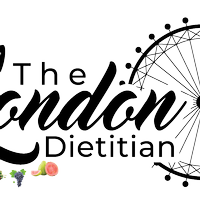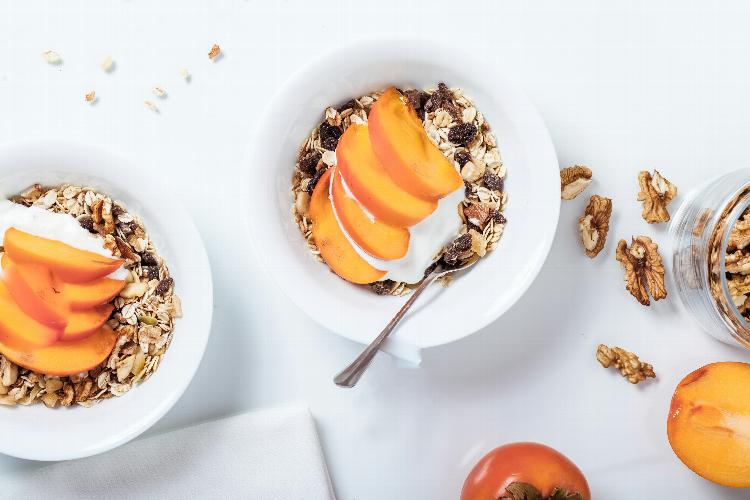Lowering your "bad" LDL cholesterol naturally can be achieved through simple dietary changes. If you've been advised by your doctor to address rising cholesterol levels, focusing on your diet can be an effective starting point. Recent analyses of numerous controlled trials have highlighted the significant impact of dietary modifications on reducing LDL and total cholesterol levels. So, here are some practical suggestions for taking control of your cholesterol levels and maintaining them within a healthy range:
Eliminate Trans Fats and Limit Saturated Fats: Trans fats have long been linked to heart disease, prompting a focus on identifying and replacing sources of trans fats in the diet. These fats, formed by hydrogenating liquid fats, were popular among food manufacturers for their ability to extend shelf life and enhance taste. While efforts have been made to reduce their presence in foods, they can still be found in some products. Reading food labels carefully and avoiding items containing "partially hydrogenated" oils is crucial. Additionally, limiting intake of saturated fats primarily found in animal products and confectionary foods, is advisable. While small amounts of these fats are acceptable, it's recommended to consume them sparingly.
Incorporate Polyunsaturated and Monounsaturated Fats: Both polyunsaturated and monounsaturated fatty acids are beneficial for lowering LDL cholesterol. These fats are abundant in plant-derived oils such as canola, safflower, sunflower, olive, grapeseed, and peanut oils. Fatty fish, seeds, nuts, avocados, and soybeans are also excellent sources.
Increase Consumption of Colorful Fruits and Vegetables: Fruits and vegetables offer a wealth of compounds that aid in lowering cholesterol, including fiber, sterols, stanols, and various pigments. The spectrum of heart-healthy options spans the color spectrum, encompassing leafy greens, yellow squashes, carrots, tomatoes, strawberries, plums, and blueberries. Generally, the more vibrant the color, the greater the nutritional benefit.
Incorporate stanols and sterols: Innovative approaches to cholesterol management include the incorporation of foods fortified with sterols and stanols. These plant-derived compounds have the remarkable ability to interfere with the body's absorption of cholesterol from food. From yoghurt-style drinks to spreads, companies are fortifying a variety of products with sterols and stanols. Consuming approximately 2 grams of plant sterols or stanols daily has been shown to reduce LDL cholesterol levels by approximately 10%, offering a convenient and effective strategy for promoting heart health.
In conclusion, adopting a heart-healthy diet can significantly impact your cholesterol levels and overall heart health. By making simple, yet impactful changes to your eating habits, such as reducing intake of trans and saturated fats while increasing consumption of fruits, vegetables, and foods rich in polyunsaturated, monounsaturated fats, sterols and stanols, you can effectively lower your cholesterol levels. Whether it's eliminating processed foods high in trans fats or incorporating colorful, nutrient-rich produce into your meals, every small step towards a healthier diet contributes to a lower risk of heart disease. Remember, consistency and moderation are key. With the correct nutrition strategies, improving your cholesterol through diet is not only achievable but also empowering, paving the way for a longer, healthier life.
Putting together a low cholesterol diet
Embarking on a journey to lower your cholesterol can feel overwhelming, but it doesn't have to be daunting when you have a tailored plan designed just for you. These top foods are just the beginning of your journey to better cholesterol management. If you're looking for more personalised advice and guidance, I'm here to support you every step of the way.
With my personalised approach, we'll work together to create a low cholesterol diet plan that fits seamlessly into your lifestyle and addresses your unique needs and preferences. From identifying cholesterol-lowering foods to crafting delicious and satisfying meals, I'll guide you every step of the way. Say goodbye to one-size-fits-all solutions and hello to a personalised path to better heart health. Contact me today to get started on your journey towards a healthier, happier you!

